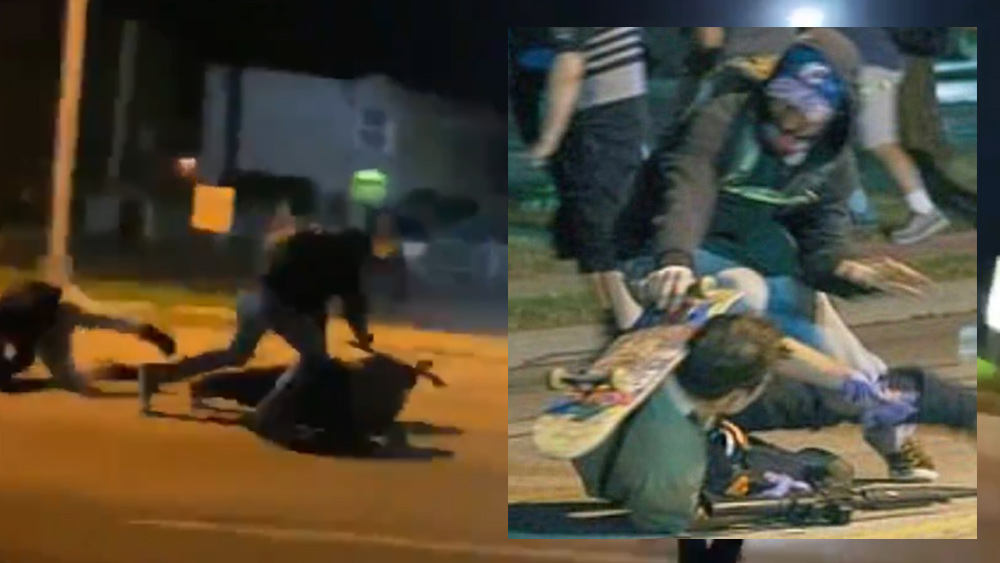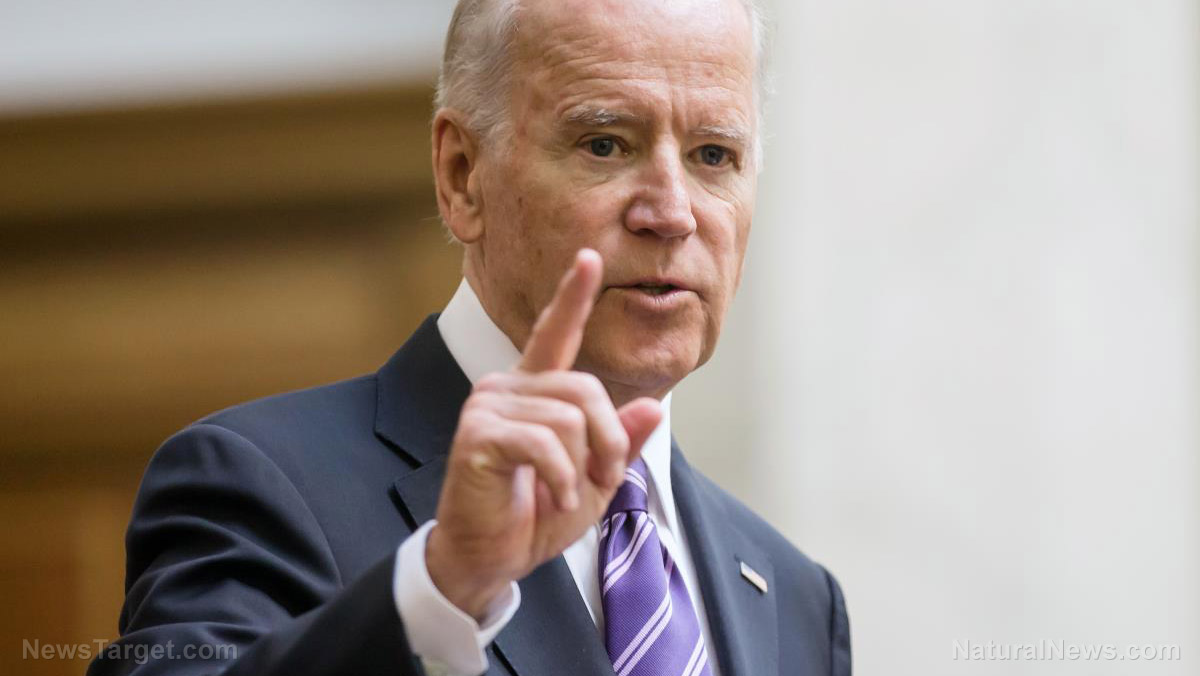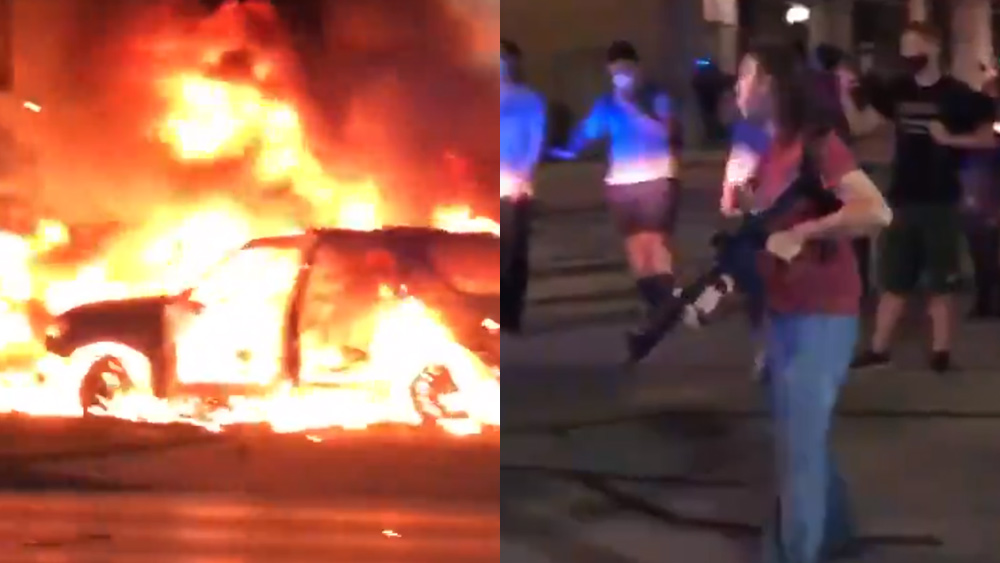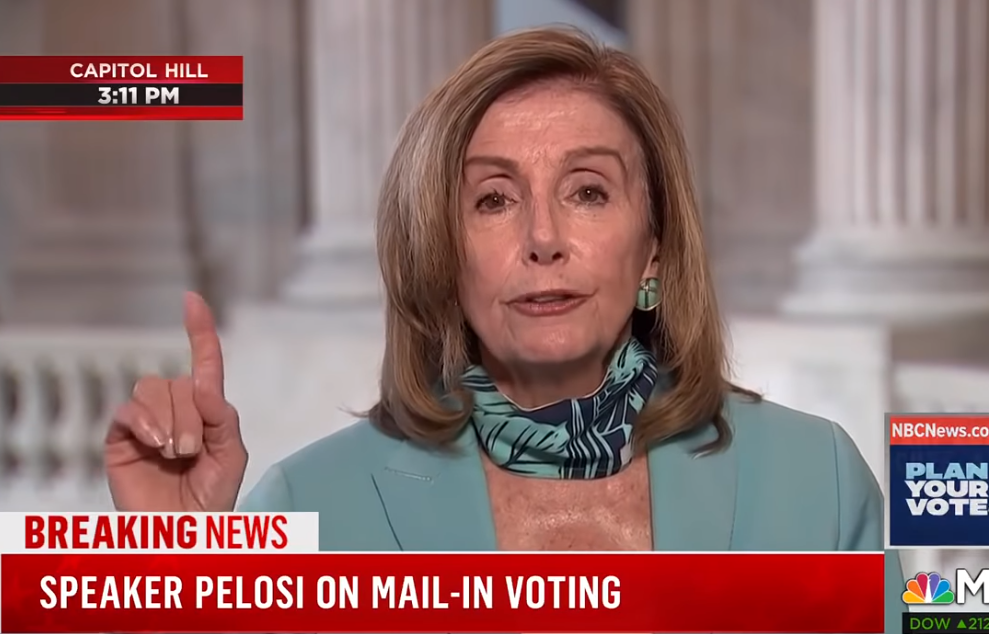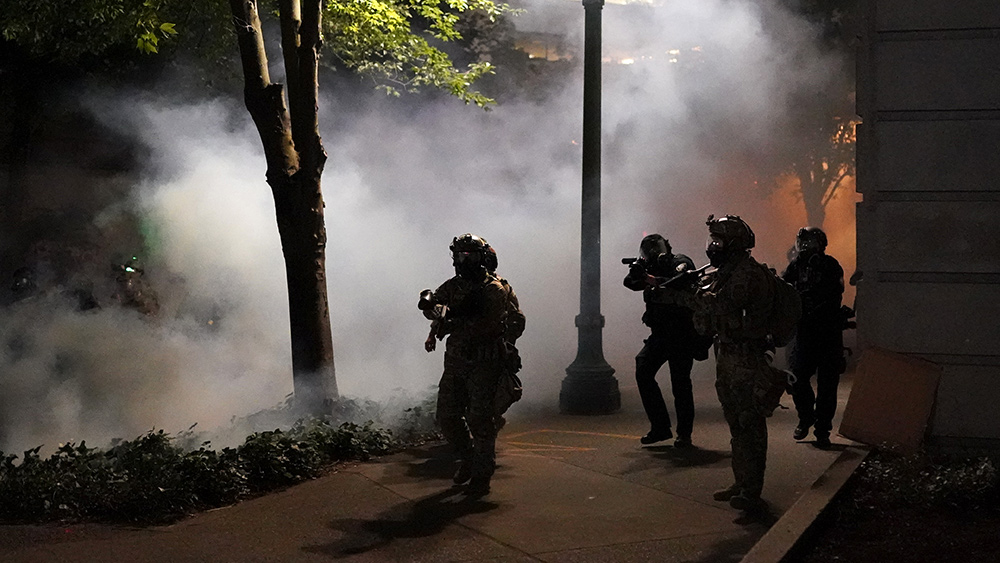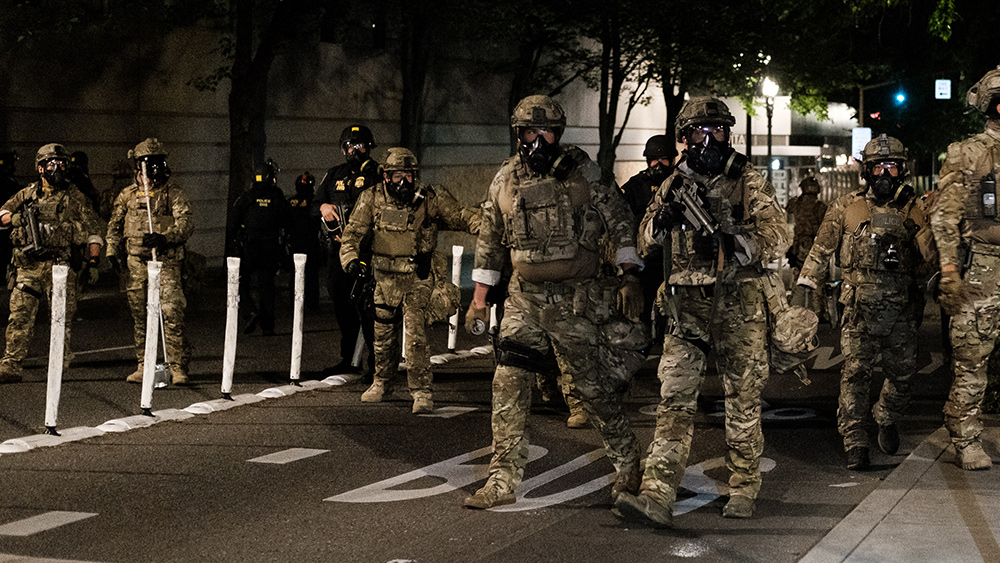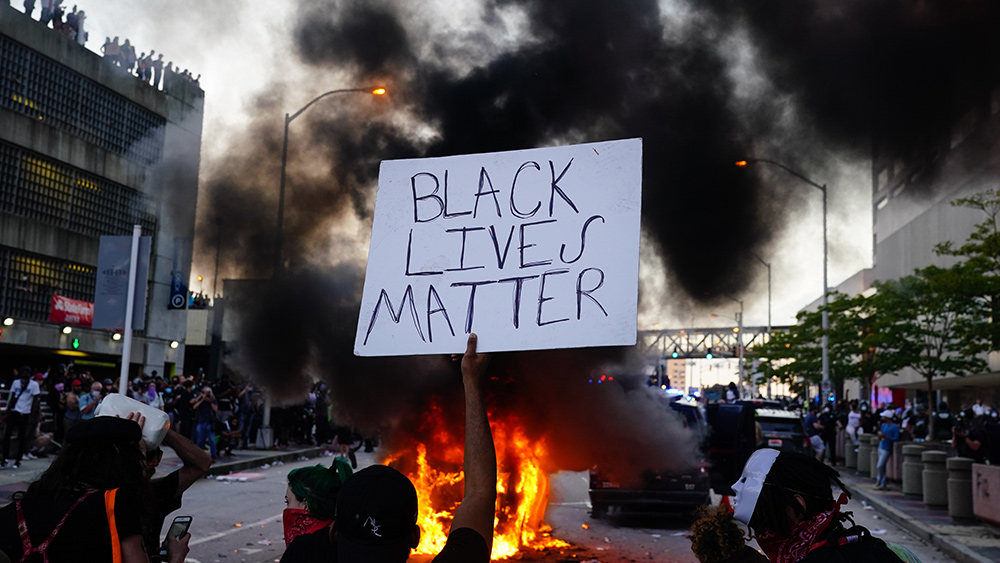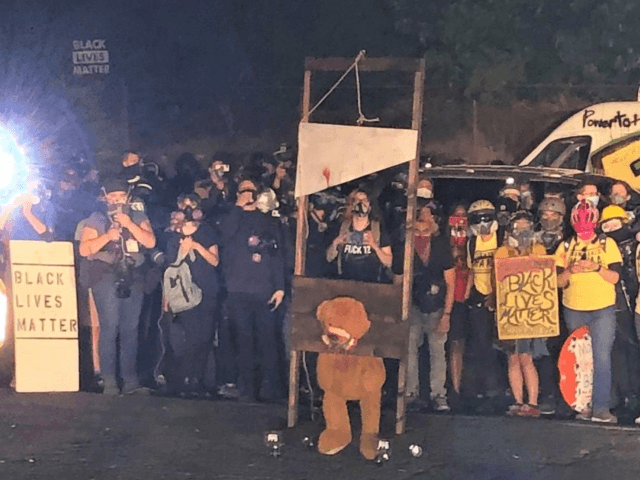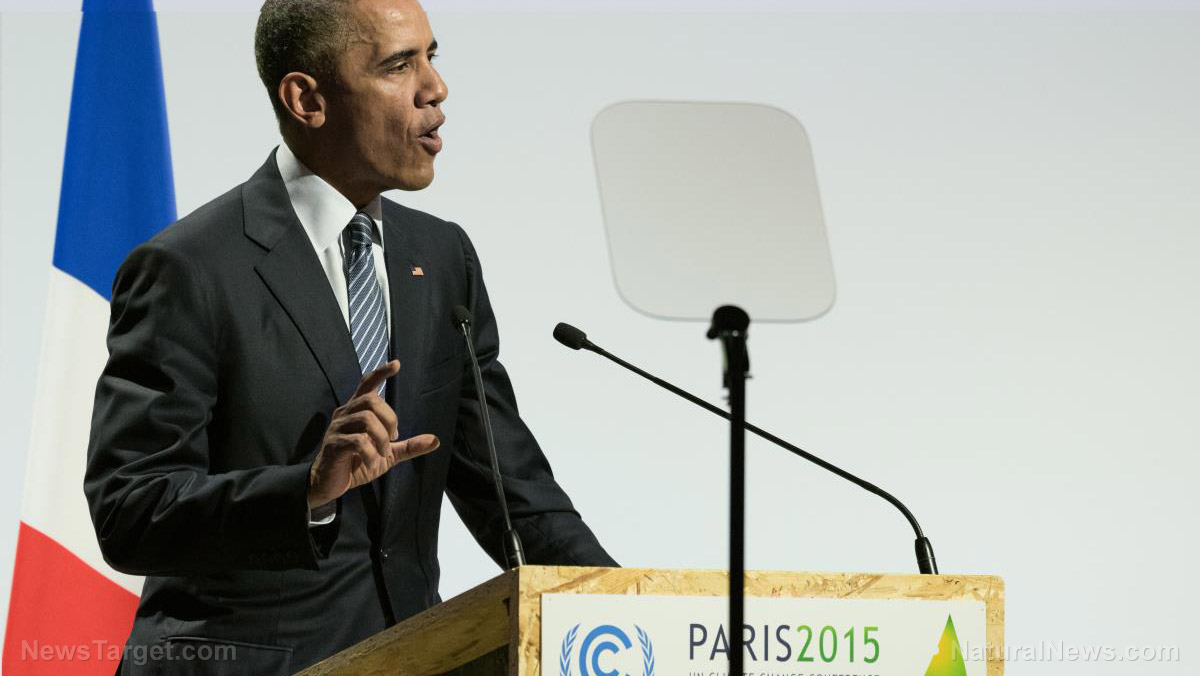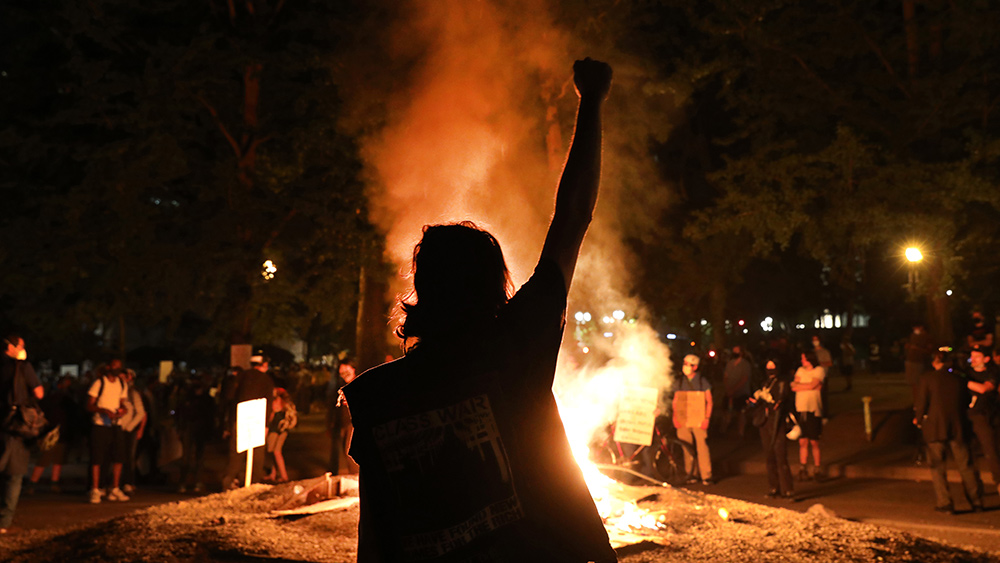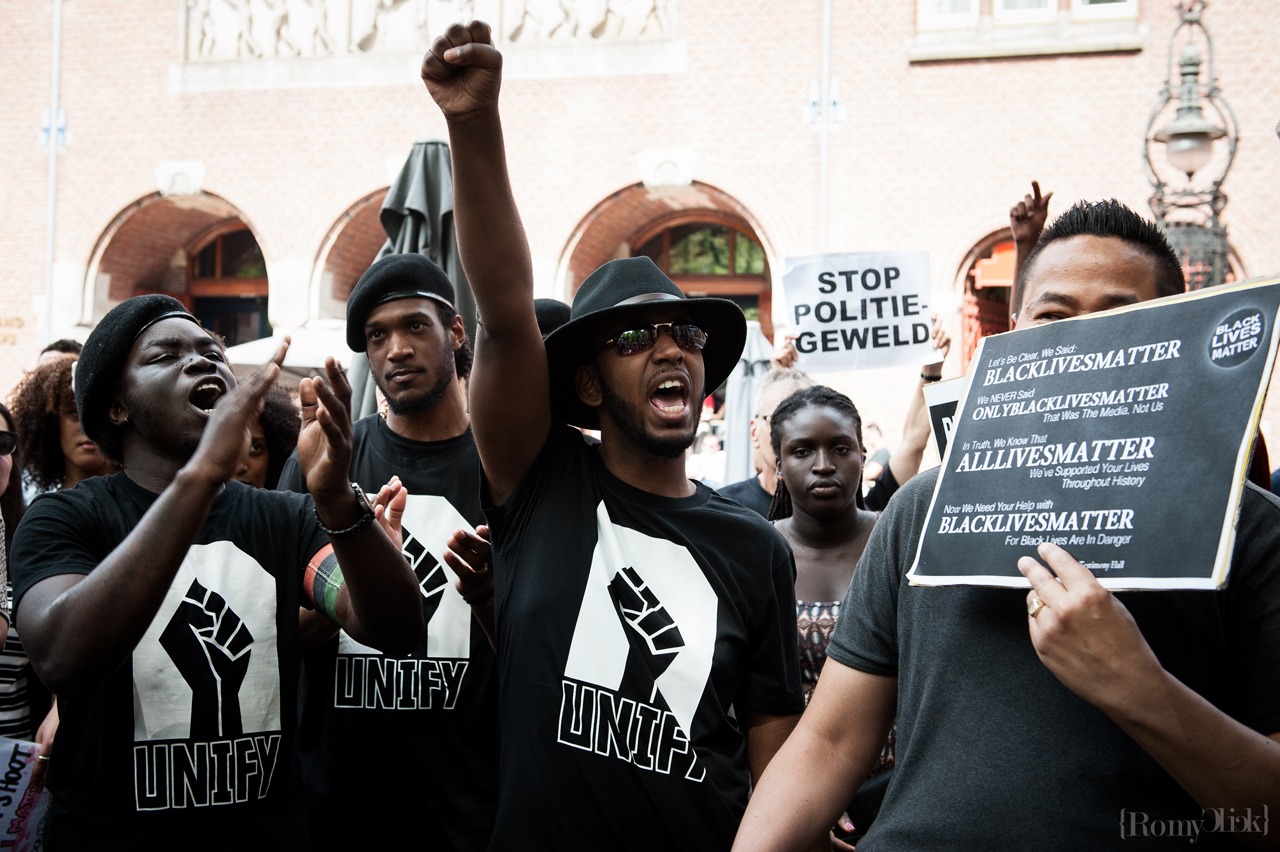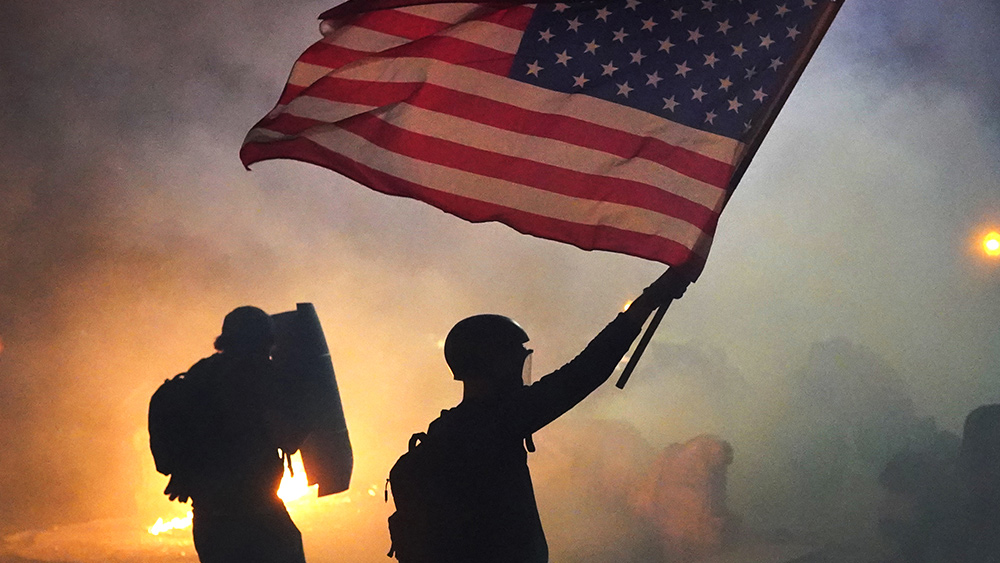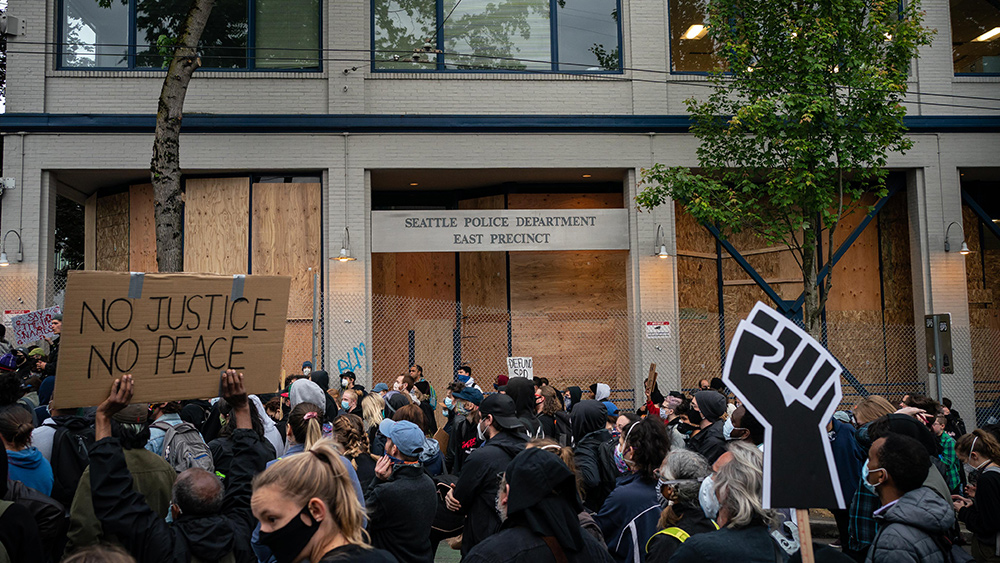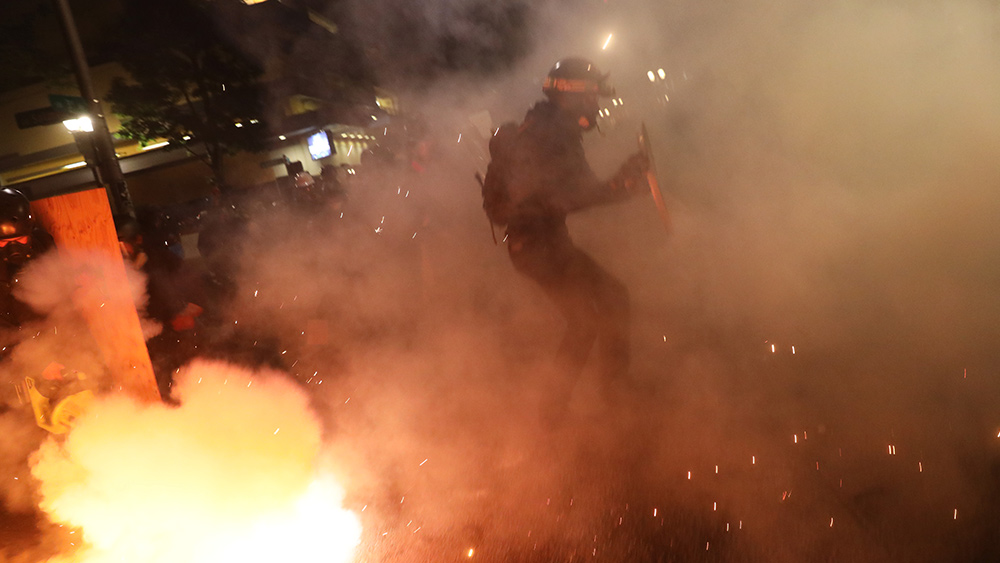Chicago city council members call for National Guard intervention to address BLM riots
08/25/2020 / By Ramon Tomey
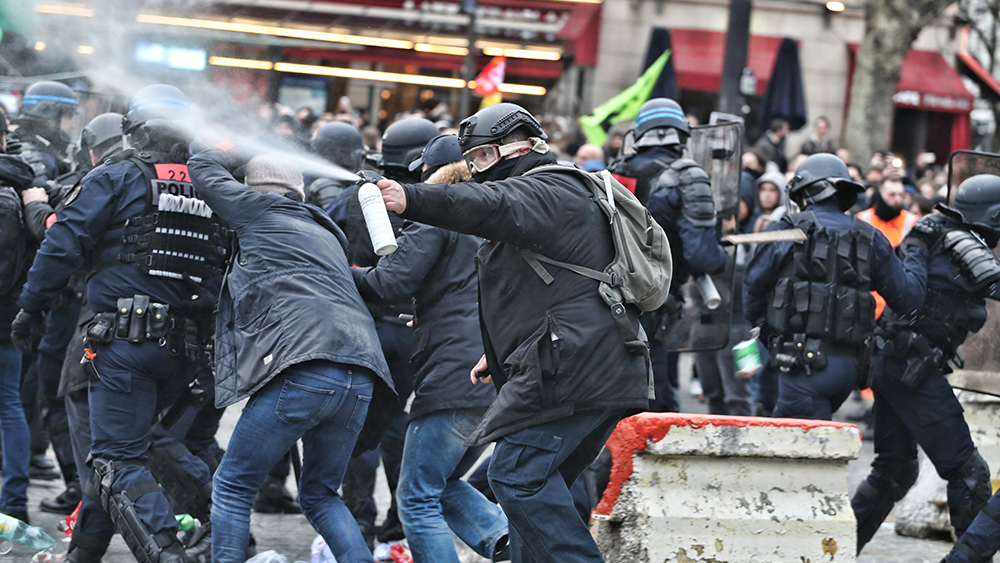
Amid riots and looting in the city of Chicago, city council members have called on Illinois Gov. J.B. Pritzker to declare a state of emergency and deploy the National Guard again for a four-month period. National Guard troops were previously sent to Chicago on May 31 to cordon off certain sections of the city, after protests against police brutality turned violent.
The Chicago city council held a special meeting on Aug. 21 at the request of aldermen Anthony Napolitano, Leslie Hairston, Anthony Beale and Raymond Lopez to tackle the issue. The four aldermen presented a letter of resolution containing the petitions for Gov. Pritzker, which the council sent to the city’s public safety committee in a 30-17 vote.
Prior to this session, the council had been on recess since July 22 and was supposed to have its next regular session on Sept. 9.
Chicago has seen increase in violence and unrest
In the letter, the four aldermen argued that the city “has never seen more violence, unrest and organized looting as in recent days,” people were “afraid to travel” across the city and businesses were subjected to “targeting by unyielding criminals.”
Moreover, the letter warned that continued attacks will impact residential real estate development, community investments and future economic development. (Related: Chicago residents kick chaotic Black Lives Matter demonstrators out of their community.)
Aside from their requests to the governor, the four aldermen also called for reports on how officials are handling the rioting, looting and destruction of property Chicago is facing as well as monthly hearings on public safety organized by the budget committee. Council members endorsed the second proposal in a 43-4 vote.
Lightfoot rejects calls for National Guard intervention
In a press conference held after the special council meeting, Chicago mayor Lori Lightfoot rejected calls to send in the National Guard a second time, saying that doing so would not solve the unrest in the city. She said that while she understood the concerns of people worried about their safety, she did not want a situation where “a tool that isn’t the right one for the moment” is brought in.
Lightfoot cited the 1970 Kent State University shootings that happened in her native Ohio. This incident saw four dead and nine injured after National Guard troops opened fire on students protesting against the Vietnam War.
“The National Guard has a very different set of training, very different perspective on force,” she remarked, adding that it had a tendency to put down conflict using all means possible owing to its military background.
Air Force Brig. Gen. Richard Neely, Adjutant General for the State of Illinois, appeared to share the Lightfoot’s hesitation on sending National Guard troops into the city. Still, Neely said that the National Guard was ready to answer the call despite finding the deployment “most distasteful.”
When asked about the four aldermen who called for the special meeting, Lightfoot pointed out that two of them “have a history of grandstanding.” She remarked that this wasn’t the way things get done and further emphasized the need to “make sure we are working together to find common ground.”
As mayor of Chicago, Lightfoot has suspended public transportation services in the city, restricted access to downtown Chicago and the central business district and implemented a 9:00 p.m. to 6:00 a.m curfew in the city.
More about the riots happening in Chicago and other U.S. states, and how individual states are responding to them, can be found at Rioting.news.
Sources include:
Tagged Under: antifa, Black Lives Matter, black lives matter chicago, BLM, BLM Chicago, blm riots, chaos, Collapse, domestic terrorism, left cult, looting, Lori Lightfoot, rioting, riots, security, uprising, violence
RECENT NEWS & ARTICLES
COPYRIGHT © 2017 TERRORISM NEWS

